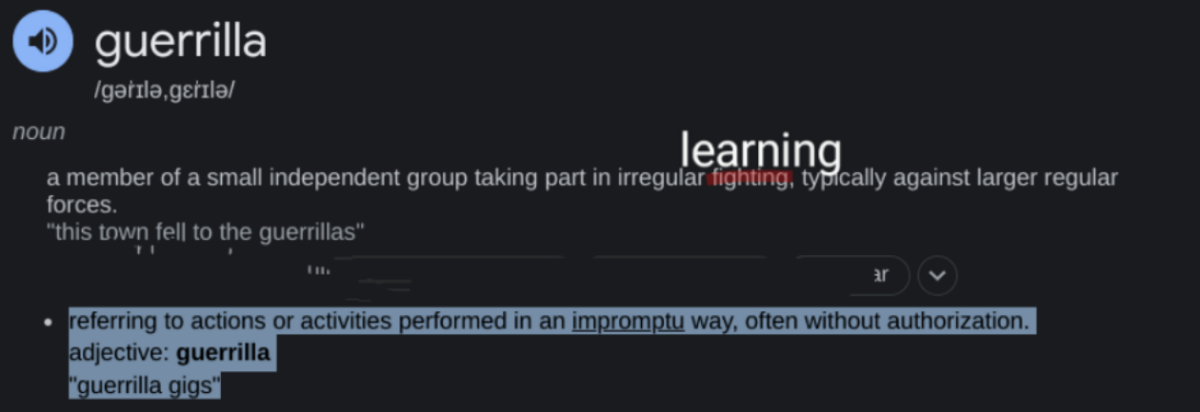In both the stage 2 and stage 3 modules, there is a huge focus of the history of ideas as well as the problems of philosophy. At the moment, in 101o we are discussing Plato and in 2003 Hobbes. It is good practice to have a working knowledge of the context, both philosophical and historical, of thinkers’ positions. The question is how to best acquire such knowledge beyond what is offered in lectures. The first port of call used to be the library and the library catalogue whereby relevant introductions and discussions can be found. This is still very worthwhile.
However, there is now a new thing called the “internet” that requires less effort. The usual first page to come up is Wikipedia. Fair enough, but not appropriate for academic purposes for reasons we have already discussed in lectures. My advice is to look first at the resources offered by our library and always begin with this one:
The Blackwell Companion to the Philosophers
It contains brief discussions and further reading ideas to introduce a writer. I would expect, if you look at it, to see it on the bottom of your bibliographies for your assessments, cited something like this (this is the entry for Croce, so I doubt it will be this one, but you will find it at the bottom of the webpage with a title such as “How to cite this article”):
RECK, ANDREW. “Croce.” A Companion to the Philosophers. ARRINGTON, ROBERT L. Blackwell Publishing, 2001. Blackwell Reference Online. 21 October 2013 <http://www.blackwellreference.com/subscriber/tocnode.html?id=g9780631229674_chunk_g978063122967460>
Of course, you can only access this resource on the campus computers or using the RAS system as outlined in the earlier e-learning post.
